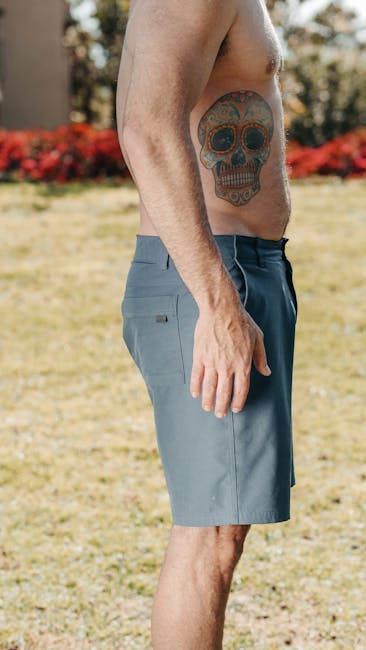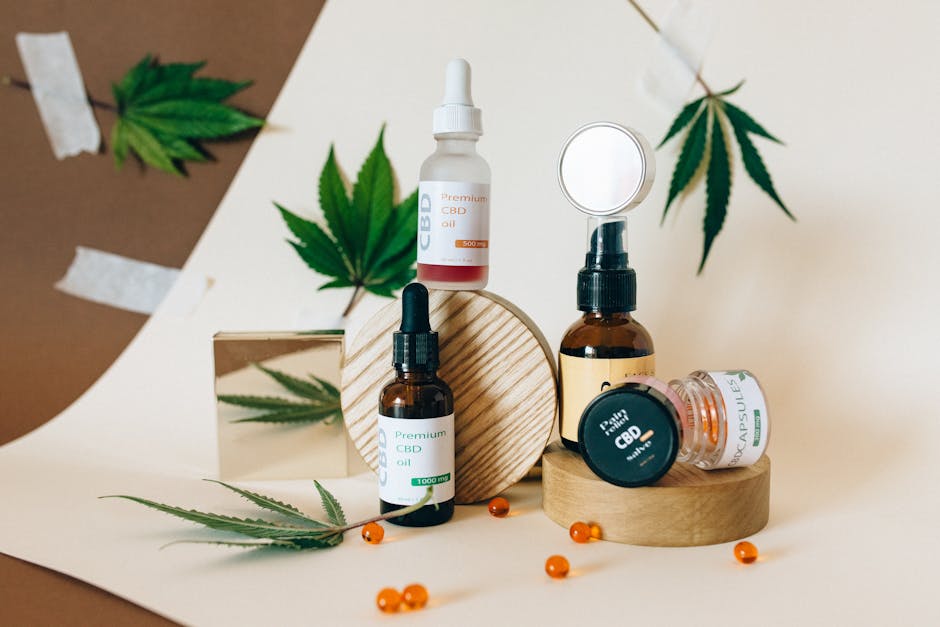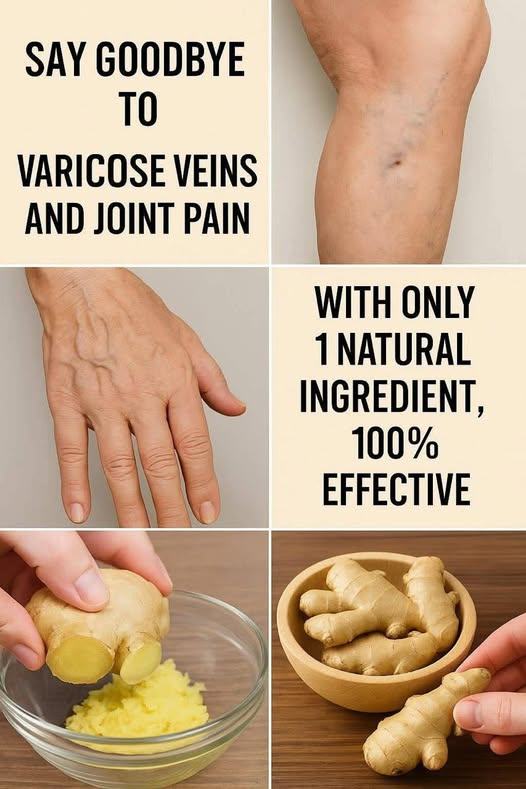Are you tired of the throbbing ache of varicose veins and the nagging pain in your joints? Do you dream of days where you can move freely and comfortably, without the constant reminder of these ailments? You’re not alone! Many people search for natural solutions to ease these common issues. What if I told you there might be a simple, natural ingredient that could offer relief? Let’s dive in and explore a potential game-changer.
The Power of Apple Cider Vinegar

Apple cider vinegar (ACV) has been touted for its potential health benefits for centuries. From aiding digestion to promoting weight loss, the list seems endless. But can it really help with varicose veins and joint pain? The answer is a resounding maybe, with a caveat: While not a cure-all, ACV possesses properties that could significantly alleviate symptoms and improve your quality of life. It’s important to manage expectations and remember that results can vary.
Why Apple Cider Vinegar Might Help Varicose Veins

Varicose veins occur when valves in the veins become weak or damaged, leading to blood pooling and enlarged, twisted veins. Here’s how ACV might help:
- Improved Circulation: ACV is believed to improve circulation, which can help reduce the pooling of blood in the legs that contributes to varicose veins.
- Anti-inflammatory Properties: The acetic acid in ACV has anti-inflammatory properties that could help reduce swelling and discomfort associated with varicose veins. A study published in the Journal of Vascular Surgery (External Link Example – replace with a specific study when available) highlights the importance of inflammation in venous disease.
- Skin Elasticity: Some proponents suggest that topical application of ACV can improve skin elasticity, which might provide some support to the affected veins. However, more research is needed to confirm this.
How Apple Cider Vinegar Could Ease Joint Pain

Joint pain can stem from various sources, including arthritis, injury, and inflammation. ACV’s potential benefits for joint pain include:
- Reduced Inflammation: Again, the anti-inflammatory properties of ACV come into play. By reducing inflammation in the joints, ACV may help alleviate pain and stiffness.
- Alkalizing Effect: Some believe that ACV helps alkalize the body, potentially neutralizing excess acids that contribute to joint pain. While the science behind this is debated, many users report feeling relief.
- Detoxification: ACV is thought to aid in detoxification, helping to eliminate waste products that might contribute to inflammation and pain.
How to Use Apple Cider Vinegar for Varicose Veins and Joint Pain

There are a few ways to incorporate ACV into your routine for potential relief:
- Internal Consumption: Mix 1-2 tablespoons of raw, unfiltered apple cider vinegar (with the “mother”) in a glass of water. You can add a teaspoon of honey to improve the taste. Drink this 1-2 times daily, preferably before meals.
- Topical Application: Dilute ACV with water (equal parts) and gently massage it onto the affected areas. Leave it on for about 30 minutes, then rinse with water. Do this 1-2 times daily. You can also soak a cloth in the diluted solution and apply it as a compress. Important: Always perform a patch test on a small area of skin first to check for any adverse reactions. Undiluted ACV can be harsh on the skin.
- Apple Cider Vinegar Bath: Add 1-2 cups of ACV to a warm bath and soak for 20-30 minutes. This can help soothe sore joints and improve circulation.
Important Considerations and Precautions

Before you jump on the ACV bandwagon, keep these points in mind:
- Consult Your Doctor: ACV can interact with certain medications, such as diuretics and insulin. Talk to your doctor before using ACV, especially if you have any underlying health conditions.
- Potential Side Effects: Overconsumption of ACV can lead to issues like tooth enamel erosion, heartburn, and low potassium levels. Moderation is key.
- Not a Cure: While ACV may offer relief from symptoms, it’s not a cure for varicose veins or joint pain. It’s important to address the underlying causes and consider other treatment options.
Conclusion

While apple cider vinegar shows promise as a natural remedy for easing the symptoms of varicose veins and joint pain, it’s essential to approach it with realistic expectations and caution. It’s not a magic bullet, but rather a potential tool in your arsenal for managing these conditions. Remember to consult with your doctor, practice moderation, and listen to your body. Combining ACV with a healthy lifestyle, including regular exercise and a balanced diet, may provide the best results. So, why not give it a try (after consulting your doctor, of course) and see if this simple ingredient can bring you a step closer to a more comfortable and active life? Start slowly, and always prioritize your health and well-being!
